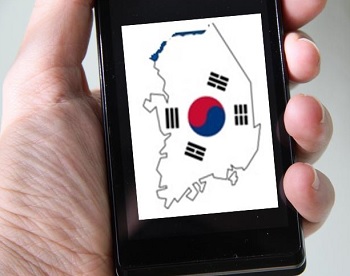Retailer has taken note of the growing prominence of mobile commerce among consumers
Wal-Mart believes that its customers will embrace mobile payments more readily in the coming years. The retailer has taken note of the growth of mobile commerce as it sees more of its customers begin shopping from their mobile devices. The company has also seen a surge in the mobile traffic to its website. Wal-Mart sees a clear shift in the commerce space, but the company is not yet certain where mobile fits into this shift.
Retailers are still trying to understand the behavior of mobile consumers and how mobile payments fit into the retail space
Mobile payments are still relatively new, and retailers have not had much time to become comfortable with the concept of mobile commerce. Companies like Apple and Google have provided retailers and consumers with mobile payments services that have become quite popular, but retailers are still trying to understand the behavior of mobile consumers. Wal-Mart has been working with the Merchant Customer Exchange, a consortium comprised of large retailers that uses a mobile payments service called CurrentC.
Retailers could be left behind if their consortium does not support the mobile payments platforms that are most successful
 Members of the consortium have promised not to support other mobile payment platforms while they are a part of the Merchant Customer Exchange. This could be a problematic issue if Apple Pay, and other services, become more popular. This would leave the retailers involved in the consortium in a difficult position and make it more difficult for them to embrace mobile consumers. Wal-Mart may opt to support other mobile commerce platforms if it needs to compete more effectively in the retail market.
Members of the consortium have promised not to support other mobile payment platforms while they are a part of the Merchant Customer Exchange. This could be a problematic issue if Apple Pay, and other services, become more popular. This would leave the retailers involved in the consortium in a difficult position and make it more difficult for them to embrace mobile consumers. Wal-Mart may opt to support other mobile commerce platforms if it needs to compete more effectively in the retail market.
Wal-Mart to continue focusing on making the mobile experience more convenient
The retailer intends to make the mobile experience as convenient as possible for consumers. Convenience is one of the most attractive aspects of mobile commerce, as it allows consumers to avoid lengthy checkout lines and sometimes chaotic crowds. Wal-Mart is expected to focus on supporting convenient platforms that will appeal to consumers that have an interest in mobile payments.

 As mobile commerce continues to grow, many companies are expected to place more focus on
As mobile commerce continues to grow, many companies are expected to place more focus on 